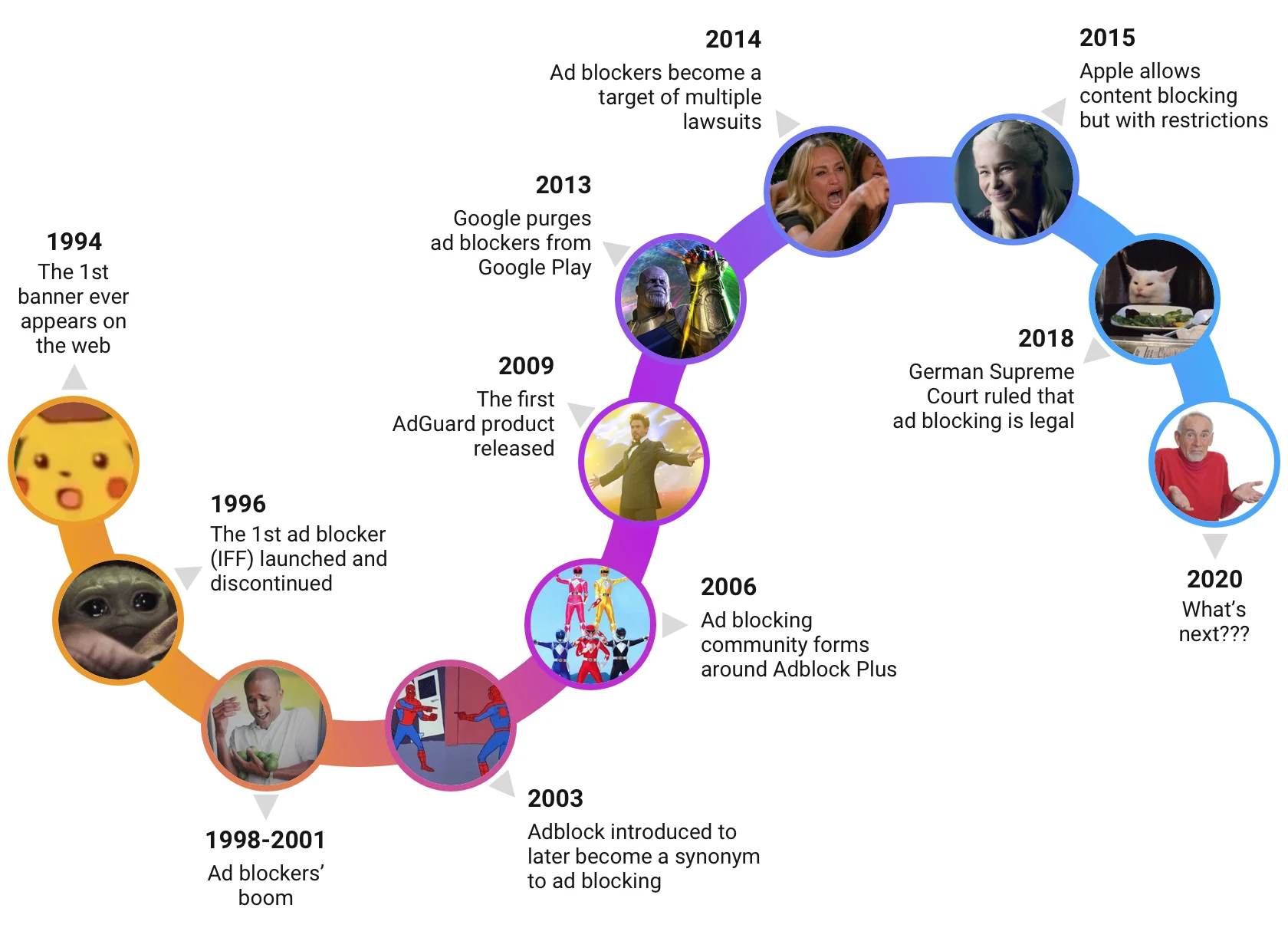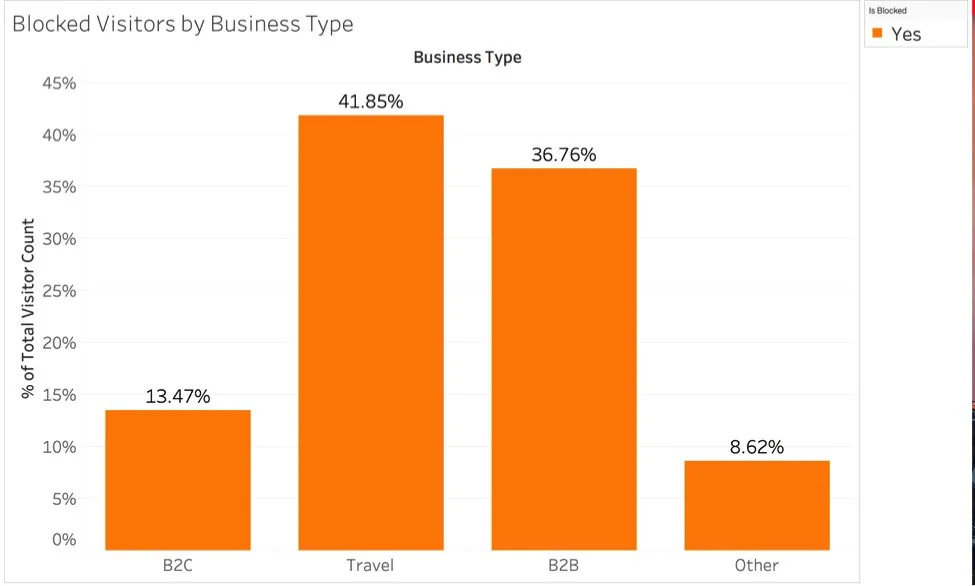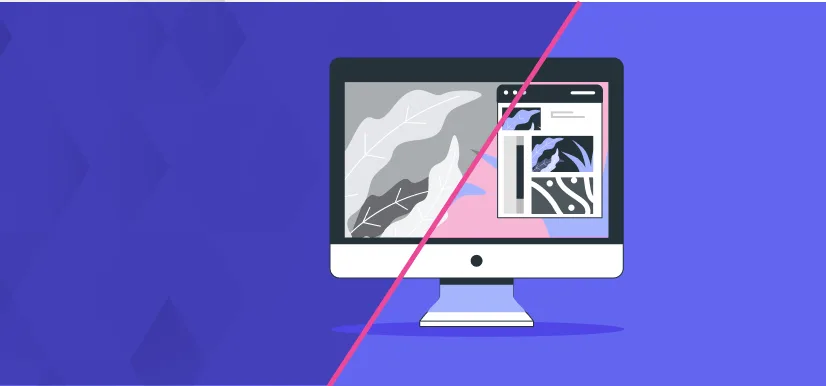Do Ad Blockers Affect B2B Business Growth?


In 1994 the first banner appeared on the web, 2 years later the 1st ad blocker (IFF) was launched and in 2003 the first ad blocker add-on was created by Henrik Aasted Sørensen.

Ad Blockers Usage
In 2020 the estimations of ad blocker usage stand between 20% and up to 47%. This means 2.13 billion people could be using some kind of ad blocker.
Ad blocking growth is slowing down, but not going away:
In the US, roughly one in four internet users will block ads on at least one of their internet-connected devices.
Germany currently has the highest concentration of ad blocking users compared to France, the US, and the UK, with 32.8% of internet users using some form of ad blocking.
Younger and more affluent than average users use 5x time more ad blockers.
What Does This Mean for B2B Businesses?
The ad block generation is changing the nature of B2B purchasing and up to 73% of millennials are involved in product or service purchase decision-making at their companies. Even Safari is looking into user privacy with intelligent tracking prevention built directly into the browser. The prevalence of ad blockers for B2B users will keep rising and impact the measurement and data.
Good Data Is the Core of Learning
Today ad blockers also block user tracking tools like Google Analytics, Tag managers or A/B Testing tools. In some experiments, ad blockers affect 37% of B2B analytics reporting.

This means less accurate data for business decisions, learnings, and effective experimentation and personalization. B2B marketers have to rethink their ad blocker strategies and how it impacts their data-driven decisions, customer experience, and growth potential.
B2B E-commerce Is More Important Than Ever
In the actual COVID-19 situation and coronavirus outbreak, more than ever, businesses need to plan for many different scenarios and define new strategies in times like these.
The medium and long-term implications of the actual situation are challenging to predict. None of us really knows how this situation will evolve in the next weeks or months and how long it will take.
Given that, B2B e-commerce is more important than ever. B2B brands need to launch and optimize their digital channels and digital sales experience. More than ever, they need to build, measure and learn in a smart and agile way.
Data-driven businesses, highly competitive and optimization-focused companies cannot rely on bad or partial data. They need to rethink their tools, data pipelines, and the impact of ad blockers.
Learn how to deliver unique and personalized customer experiences to increase conversions

